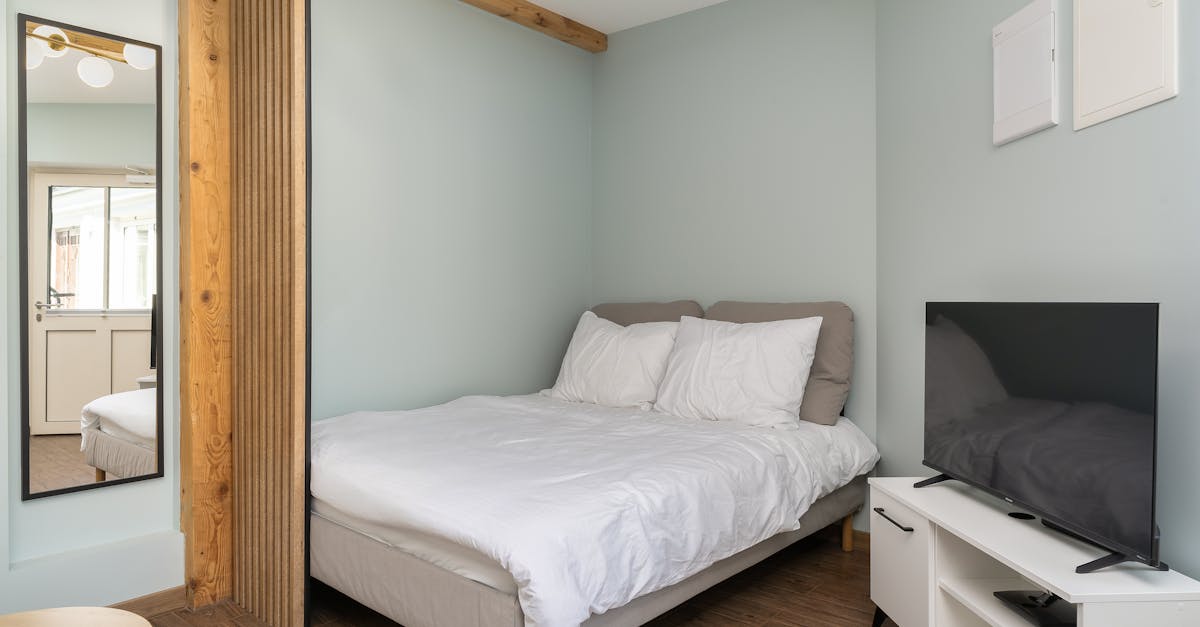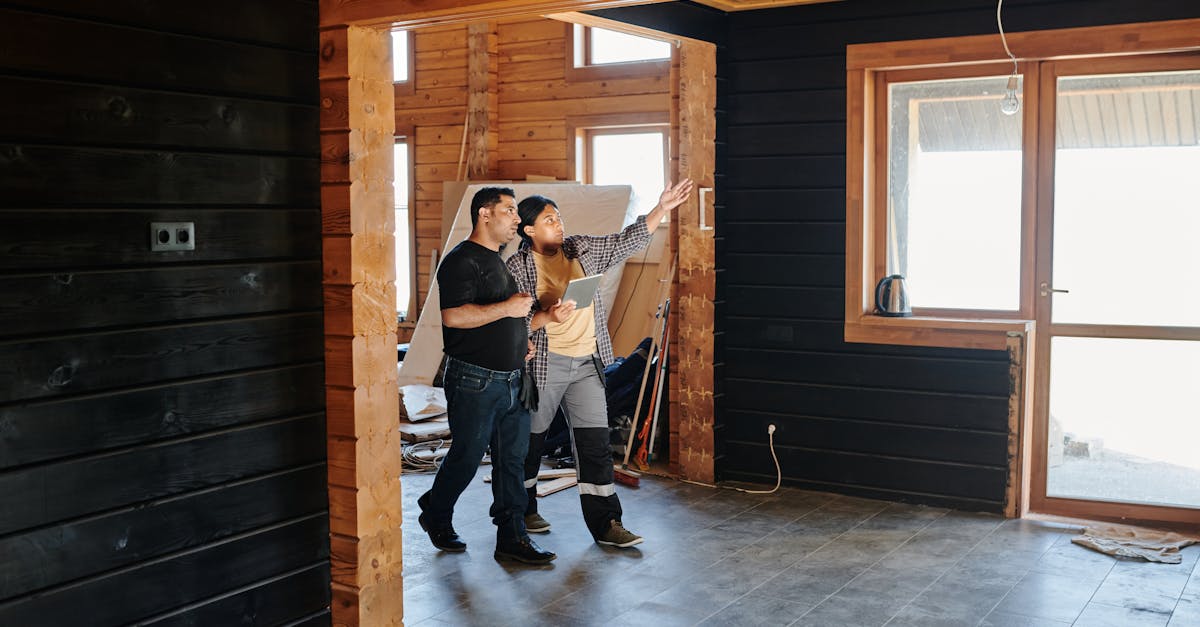Choosing Energy Efficient Windows
Introduction
As environmental concerns grow and energy prices rise, many homeowners are seeking ways to reduce their ecological footprint and save on utility costs. One often overlooked yet significant improvement is installing energy efficient windows. These windows offer enhanced insulation, minimizing heat loss in winter and heat gain in summer.
Advertisement
Understanding Energy Efficient Windows
Energy efficient windows are specially designed to prevent your home from losing warmth in winter and to keep it cool in summer. They achieve this through advanced features such as low-emissivity coatings, multiple glazing layers, and gas fills. Investing in such windows can significantly cut down on energy consumption and increase indoor comfort.
Advertisement
Low-Emissivity Coating
Low-emissivity, or low-E, coatings are ultra-thin metallic layers applied to the glass surfaces, reducing the amount of ultraviolet and infrared light passing through. These coatings are tailored to different climate needs, with some designed to reduce heating costs while others aim to keep your home cooler in hot climates.
Advertisement
Multiple Glazing Layers
Unlike single-pane windows, energy efficient windows often come with double or triple glazing. The multiple layers of glass create insulative pockets of air or gas between them. This feature not only enhances energy savings but also reduces noise from outside, making them ideal for urban areas.
Advertisement
Gas Fills
In addition to multiple glazing layers, energy efficient windows often include gas fills such as argon or krypton. These gases are excellent insulators, improving the window's thermal performance by reducing heat transfer between the glass panes. While the added cost may seem high, the energy savings can outweigh the initial investment over time.
Advertisement
Choosing the Right Frame Material
The window frame material plays a crucial role in energy efficiency. Options like wood, aluminum, vinyl, and fiberglass each come with their pros and cons. While wood provides excellent insulation, it's pricier and needs maintenance. Vinyl is affordable and low-maintenance, while aluminum is strong but conducts heat easily. Fiberglass offers a balance between durability and insulation.
Advertisement
Professional Installation
Proper installation is key to maximizing the benefits of energy efficient windows. Even the best-designed windows can underperform if not installed correctly. Hiring a certified professional ensures that your windows fit snugly, preventing air leaks and maintaining their energy-saving properties.
Advertisement
Financial Incentives and Returns
Energy efficient windows can be an investment. However, many government subsidies and incentives are available, which can offset initial costs. Additionally, the long-term savings on monthly heating and cooling bills provide a substantial return on investment, making these windows economically advantageous.
Advertisement
Environmental Impact
By choosing energy efficient windows, homeowners contribute positively to the environment. Reduced energy consumption translates to fewer greenhouse gas emissions. Collectively, these savings have a significant impact, supporting global efforts against climate change and promoting a sustainable future.
Advertisement
Conclusion
In conclusion, energy efficient windows offer numerous advantages, from lowering energy bills to enhancing comfort and supporting environmental goals. With various styles and technologies available, they cater to diverse climates and preferences. Opting for these windows can transform your home's efficiency while adding long-term value and sustainability.
Advertisement


